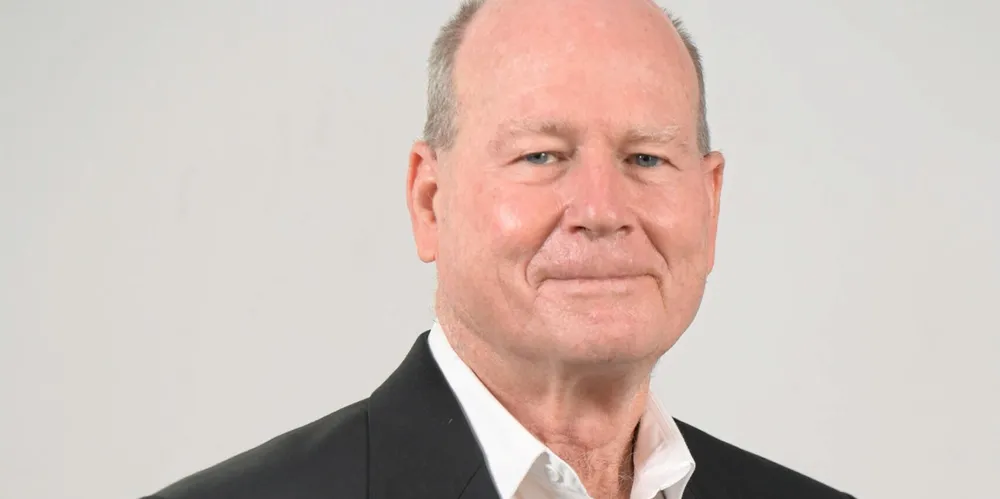'This was a sinking boat and it was sinking fast': This executive's out-of-the-box thinking helped reimagine shrimp farming in Asia
From Myanmar to Belize and Thailand, this executive has played a crucial role in creating the modern day shrimp farming industry. And he's not done yet.
